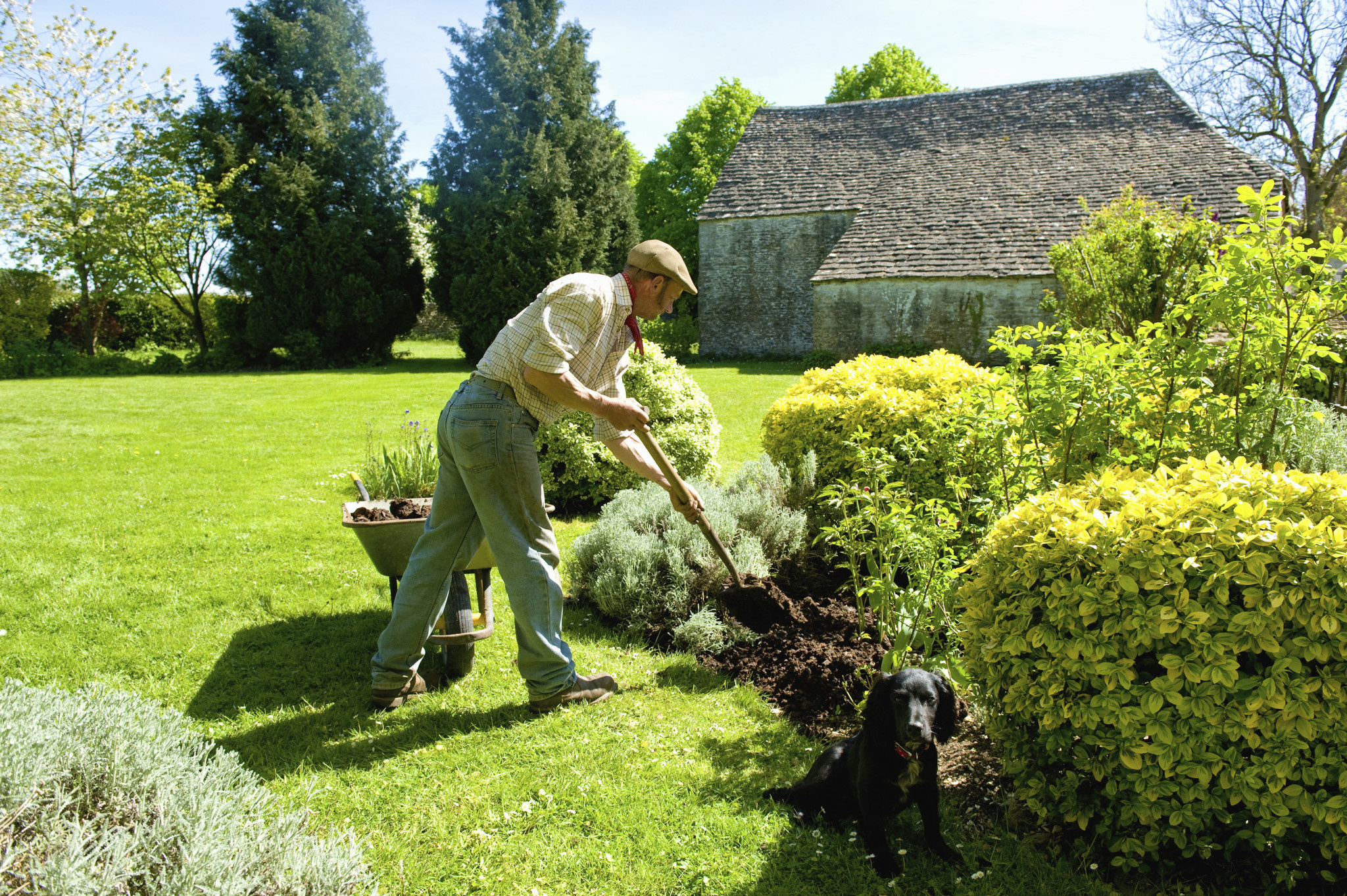Mulching: the different types and their advantages
- Posted on
- Posted in garden, Permaculture
- 0

When we garden, we always tend to leave the ground bare. This is certainly aesthetic and clean. However, to improve crop yields, it is advisable to cover the soil. This is called mulching. This process aims to restore the balance between the production environment and production constraints. To find out more about the different types of mulching and their advantages, read on.
What are the different types of mulching?
There are different types of mulching in permaculture. For the sake of the environment, you can make your own mulch. Here are some tips and tricks for making an original mulch.
Mulching with dead leaves
To do this, you can collect dead leaves in autumn and store them. You can then use them to fertilise the soil.
However, you should be aware that some leaves, such as those of plane trees, take a long time to decompose. In this case, to speed up the fertilisation of the soil, it is advisable to shred them.
Mulching with grass clippings
Mulching with grass clippings is one of the most popular methods. Untreated grass clippings are rich in nitrogen. When placed on the beds, they limit the watering of the plants. This is both efficient and less expensive.
Mulching with fern leaves
Fern leaves can also be used as mulch. You can mix them with tomato plants. Rich in potassium, this type of mulch will regulate the soil temperature. This is very useful for certain plants.
What are the advantages of mulching?
Mulching has many advantages for the soil and the crop. Find out about them.
Keeping the soil moist in summer
The first advantage of mulching is to keep the soil moist in summer. When the soil is bare, it is unprotected. Wind and sun can dry it out. With a mulch, the soil has a protective barrier. This technique prevents the soil from drying out by keeping the moisture in.
Preventing weeds from growing
With mulching, you can also prevent the arrival of weeds. Mulch blocks out sunlight and light, which encourages weeds to germinate. It also saves you from using chemical weed killers. This will keep your garden healthy.
Protecting plant roots
Mulching enriches and nourishes plants. As a result, the roots of plants will be well protected and will be able to grow well.
Improve soil structure
Organic mulch will decompose over time. It can form humus. As a result, your soil will be richer. It will be more fertile for your various plantations.
Improve plant growth
If the soil is healthy, your plants can grow well. Diseases and moulds will not occur.


Comments
Be the first to comment...